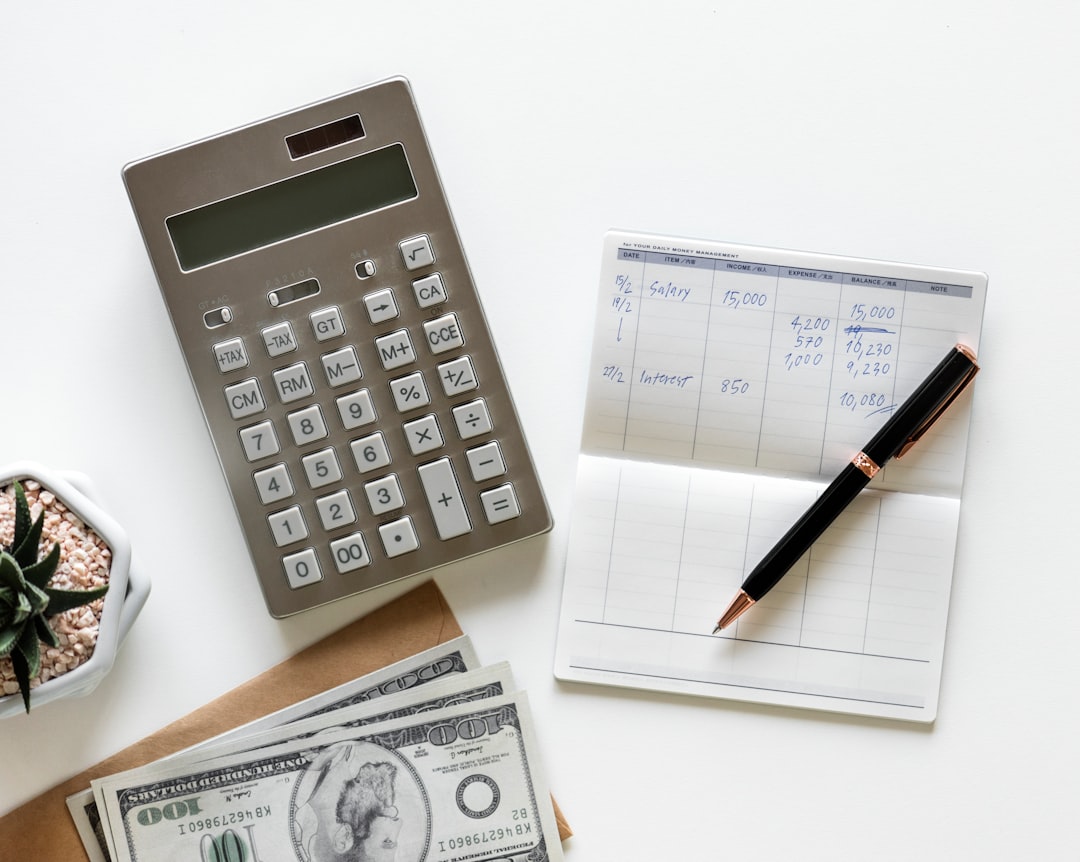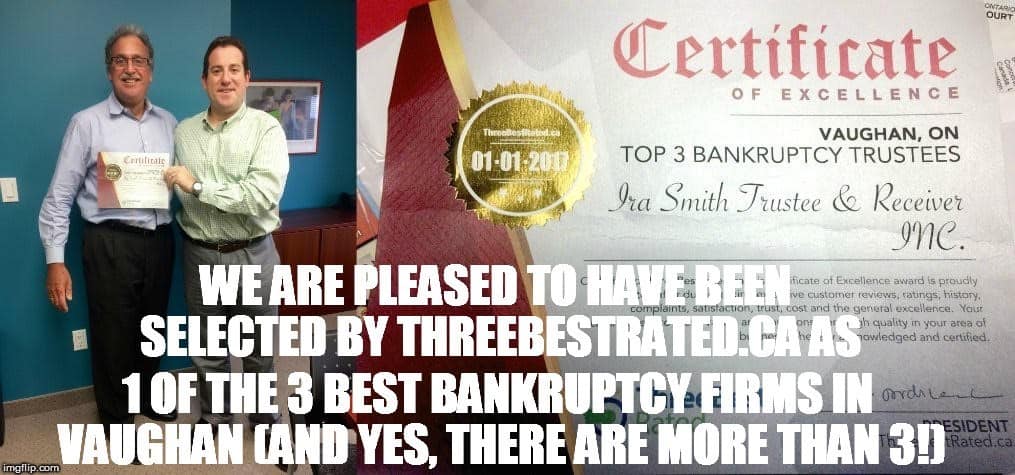Interest on credit cards calculator: Introduction
As Benjamin Franklin so wisely stated in 1789, in this world nothing can be said to be certain, except death and taxes. Life is full of surprises – not all of them pleasant. Are you financially prepared in the event that life deals you a low blow – job loss, injury or a health crisis? And, if so, would you turn to credit cards to support your lifestyle? Do you really know how to calculate the interest on your credit card balances? Below I will explain how an interest on credit cards calculator works.
Interest on credit cards calculator: And the survey says
According to a recent survey by Forum Research:
- 26% of respondents have no emergency savings
- 40% per cent have a cushion of a month or less
A Manulife Bank survey of Canadian homeowners reports that:
- 9% have access to $1,000 or less
- 14% have not put away any funds
Interest on credit cards calculator: An alarming Canadian trend
These two surveys bring to light an alarming trend. With no emergency fund, or any savings to fall back on, many Canadians who find themselves in a crisis with a sudden loss of income turn to living off credit cards. According to Bankruptcy Canada:
- Only 25% of Canadians pay off their credit card debt in full each month which means that 75% of Canadians carry a balance on our credit cards each month
- This can result in paying several thousands of dollars each year in interest
Interest on credit cards calculator: How the interest is calculated
The annual interest rate on credit cards ranges from 19% to almost 30%. Credit card companies actually calculate interest on a daily basis. Therefore, if you do not pay the full balance on time by the due date, the interest actually compounds on a daily basis. That is why once balances are overdue, or you are only making the minimum monthly payments, you can never get catch up. The daily compound interest accrues too quickly.
The Financial Consumer Agency of Canada provides a free online credit card payment calculator. Check it out by clicking here.
Interest on credit cards calculator: What to do if you can’t keep up with your credit card payments
In fact, it can take a lifetime to pay off a credit card balance of a few thousand dollars if you’re only making the minimum payments. Living off credit cards is not the answer; getting professional help is. You need a trustee now. Many people fear that bankruptcy is the only option for serious financial problems, but that’s just not true. Although bankruptcy is an option, there are bankruptcy alternatives to consider:
Ira Smith Trustee & Receiver Inc. is here to help. We approach every file with the attitude that your financial problems can be solved given immediate action and the right plan. Give us a call today and Starting Over, Starting Now you can put your financial problems behind you and look forward to living a debt free life.






